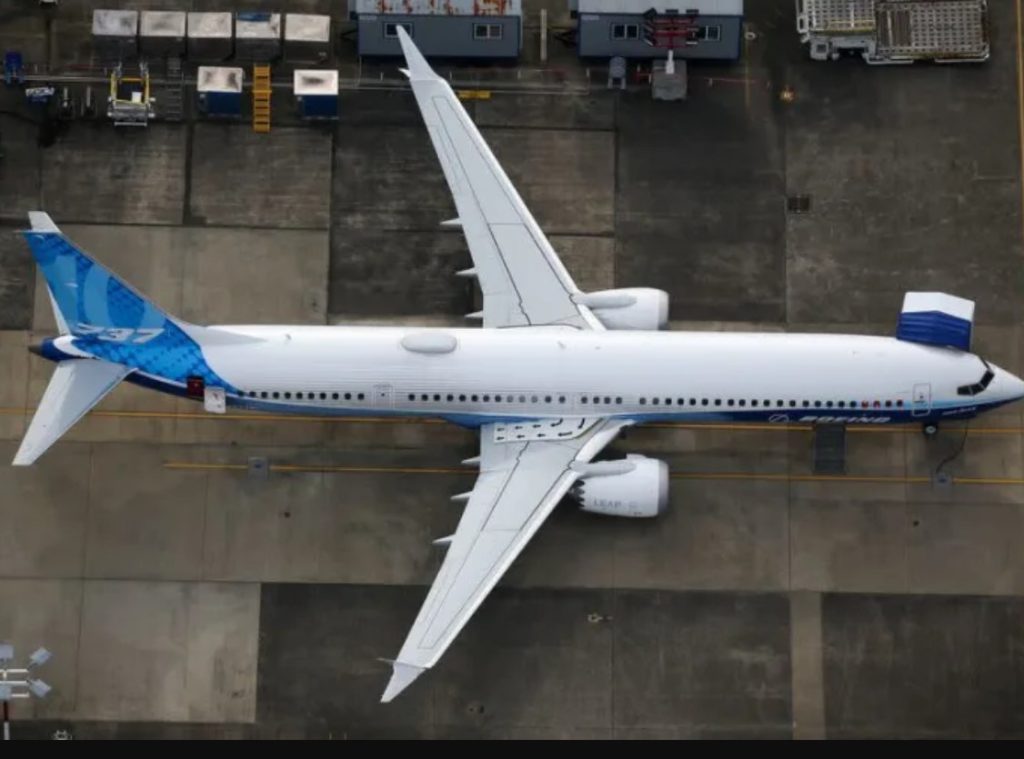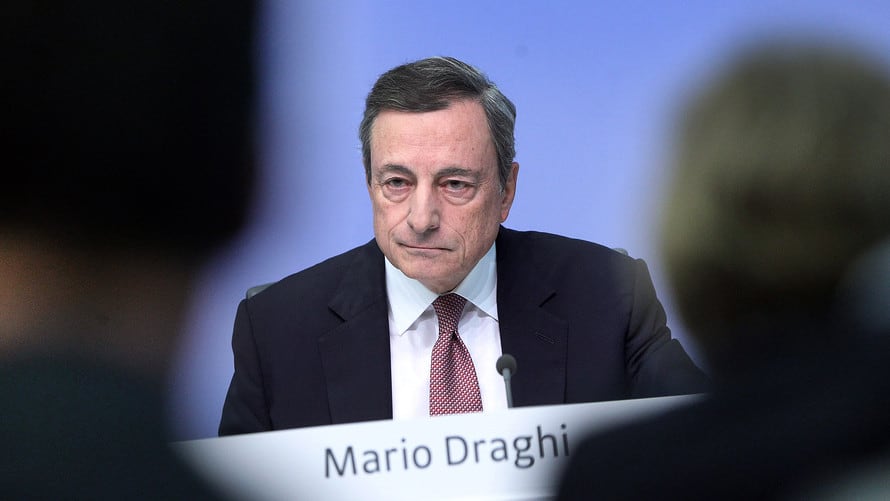
Boeing will seek to shore up its troubled 737 MAX 10 and 777X jetliners with orders officially worth over $15 billion from Delta Air Lines and Lufthansa this week, as the aerospace industry swelters at its largest event since COVID-19.
Industry sources said the U.S. planemaker, struggling to maintain a grip on its duopoly with Europe’s Airbus, would strike early at the Farnborough Airshow, which opens on Monday, after months of talks on its largest 737 with Delta.
Reuters first reported in March that Delta was discussing buying 100 MAX 10 and reported last week that the airline was in talks to order around 12 more Airbus A220s in a deal likely be announced on Tuesday.
Germany’s Lufthansa is likely to firm up a deal for around 10 large Boeing freighters, including seven of the recently launched cargo version of the 777X, sources said.
None of the parties commented ahead of the show, which is going ahead despite an emergency weather warning and transport disruption caused by forecasts for record high temperatures.
As Britain melts, aerospace firms will do their best to show civil demand is intact after the worst downturn in their history. Rising defence spending will also be in focus as the industry gathers under the shadow of war in Ukraine.
Boeing unveiled broadly stable civil airplane forecasts on Sunday.
Even so, many of the deals will be provisional ones or formal signings of business already in the works, and virtually all will be packaged as contributions to lower emissions in support of a common goal of net zero by 2050, delegates said.
EasyJet is set to win shareholder approval for a recent deal for 56 Airbus A320neos, placing it on Farnborough’s radar. Etihad has firmed up an order for seven A350 freighters, though it is unclear whether these will be unveiled at the show.
Poland’s LOT is studying proposals from existing suppliers Boeing and Embraer as well Airbus and engine firms, but will not make a decision at the show, a person close to the talks said, denying a report that the airline had already picked Airbus.
Demand for jets peaked in 2016 but remained buoyant until the pandemic crippled air transport. Now, travel is rebounding, passengers face long lines and some jets are back in demand.
Yet, apart from Delta’s expected MAX purchase, the big-ticket orders that dominated past events are rarer as airlines repair balance sheets weakened by COVID-19 travel restrictions.
Airbus and Boeing officials flew to India ahead of the show chasing a potential $50 billion blockbuster from Air India owner Tata Group. It is studying 200-300 narrowbodies and 30-70 wide-bodies split between suppliers, but hopes of a sizzling order to match this week’s temperature are on hold for now, sources said.
That means most attention will be on the MAX 10 and 777X which Boeing plans to fly in a scaled-down Farnborough display.
MAJOR HEADACHES
Both airplanes are the source of major headaches as Boeing wrestles with regulatory problems in the wake of a two-year safety crisis triggered by crashes of a smaller MAX.
Boeing has a December deadline to win approval for the 737 MAX 10 – the largest member of its single-aisle family – or meet new cockpit alerting requirements, unless Congress waives it.
Chief Executive Dave Calhoun has said Boeing could be forced to cancel the 737 MAX 10 – a move that could have repercussions across the industry including for rival Airbus, reluctant to be dragged into a race to develop new jets too soon.
However, the head of Boeing’s commercial division, Stan Deal, told reporters on Sunday that cancelling the MAX 10, which analysts say is needed to compete with strong sales of the Airbus A321neo, is “not a high probability path”.
Boeing is also close to delivering its first 787 in a year after a spate of regulatory and production problems, Deal said.
Aerospace leaders will also be under pressure this week to address concerns over supply chains and a spike in inflation that raise questions over both input costs and consumer demand.
Current market leader Airbus is sticking with plans to raise single-aisle A320neo output to 75 jets a month in 2025 from 50 now, but some suppliers fear supply chains may not keep up.
(Reporting by Tim Hepher, David Shepardson, Paul Sandle; Editing by Mark Potter and Cynthia Osterman)























